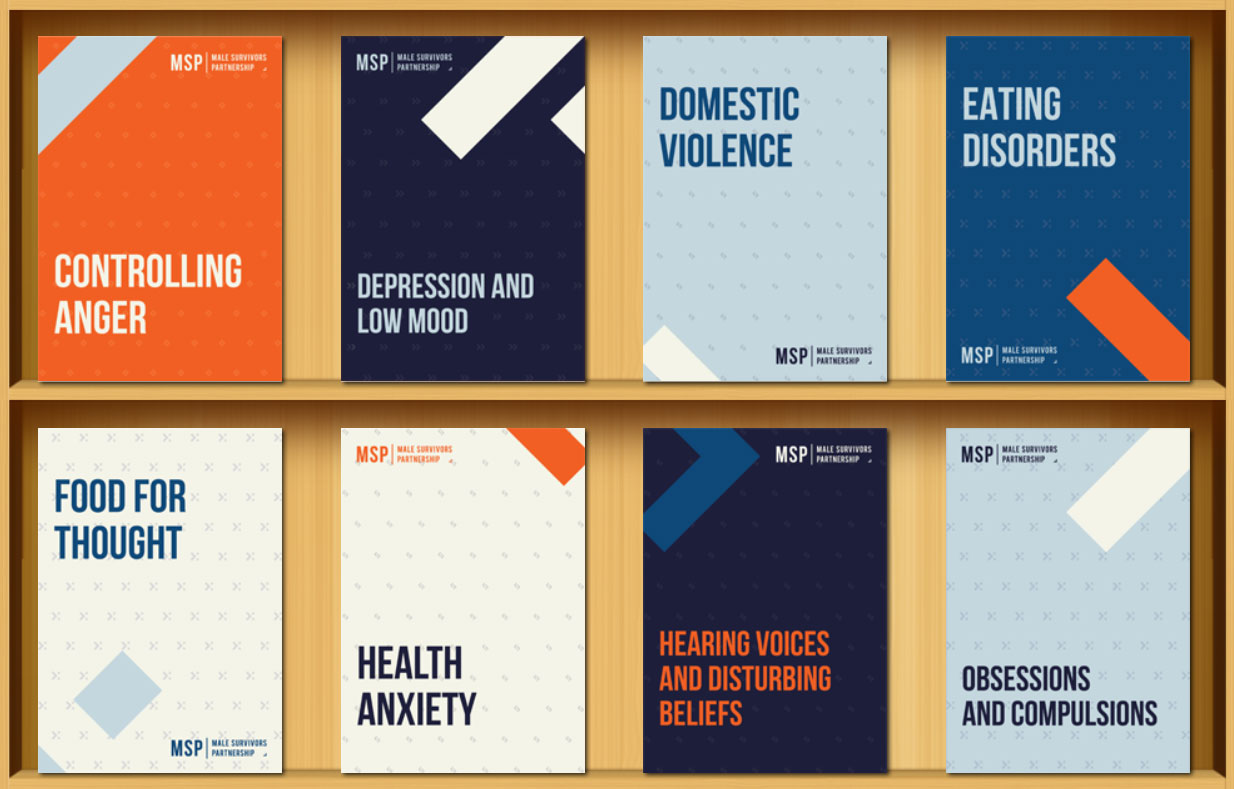Sexual abuse can happen to anyone, regardless of age, sex, ethnicity, religion, sexual orientation, ability or impairment, height, weight, hair and eye colour, accent, etc… do you get the idea? The only true commonality between all survivors of sexual abuse is that they were abused. However we can absolutely, 100%, definitely, without a shadow of a doubt say about you and every other survivor is that…
It was not your fault you were abused or raped
You are not alone in your pain and suffering
You can and do have the ability to begin to heal
Whenever ‘it’ or ‘that’ happened (we mean the abuse but understand that its a hard word to say for some people) the after-effects, consequences or ‘legacy’ can be exhibited in a wide variety of behaviours, emotions and feelings. Some people say that they believe the abuse they suffered as a child has not affected them as yet, or now. This maybe true for those individuals, the important point we’re trying to make is that sexual abuse and rape affects us all in different ways… experience is absolutely unique to the individual. Many of us may have a shared fear or feel a similar way, but just because one individual feels one way it doesn’t necessarily mean that you should feel or have to feel the same way.
Our feelings are exactly that… OUR feelings!
With that in mind, we want to be clear that this section of the site isn’t here to give you a list of emotions you are feeling, should be feeling, or will feel. It’s designed to help you begin to explore your feelings; hopefully help normalise some of what your feeling; gain some insight into how your feeling – even if that’s that your not feeling or experiencing anything that’s written. Where possible we’ve also tried to source and provide you with some helpful guides, tips and advice that will assist you in your journey of recovery.

The NHS have a range of self help guides that over the years we have commissioned, as have other organisations, and you can access them by clicking here.
Help from your G.P
You already have one source of support, your G.P. We know how difficult it can be to talk to your doctor about issues that feel incredibly personal, but he/she is there to help.
The General Medical Council state that patients receive the best care when they work in partnership with doctors and from our experience of talking to doctors, we’d agree. To support this, the General Medical Council have produced a guide that helps explain how you can help to create a partnership with your doctor. Much of it is simply common sense, but following it should help you get the most out of your time with your doctor. It is based on the standards the General Medical Council (GMC) sets for doctors in our core guidance Good medical practice. You can access the guide by clicking here.
They have also produced guidance on complaining about your GP should you feel the need to.
We encourage you to get your G.P involved in your healing, they can be a great source of support. Think about it like you choosing a support team to help you win.
